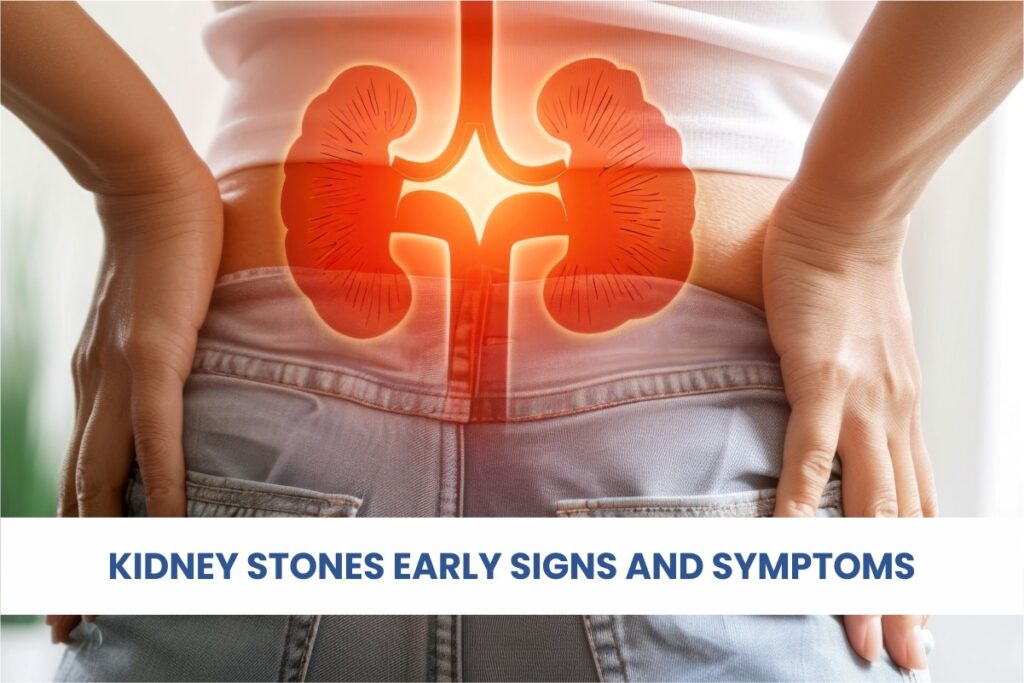Critical care plays a pivotal role in the healthcare ecosystem, addressing life-threatening conditions, severe injuries, and complex medical emergencies requiring intensive monitoring, treatment, and support. In India, the domain of critical care is witnessing significant advancements, yet it faces multifaceted challenges related to infrastructure, resources, and quality of care. This comprehensive guide delves into the evolving landscape of critical care in India, exploring key challenges, innovations, and future prospects to enhance patient outcomes and system efficiency.
Understanding Critical Care
Critical care encompasses specialized medical interventions and support services delivered in intensive care units (ICUs), high-dependency units, and critical care wards. These services cater to patients with:
Life-threatening conditions: Severe injuries, cardiac arrest, respiratory failure, sepsis, and other critical illnesses requiring immediate intervention and intensive monitoring.
Complex medical needs: Post-operative care, organ failure, neurological disorders, and multi-systemic conditions necessitating specialized expertise, advanced technology, and multidisciplinary care approaches.
Challenges in Critical Care
Infrastructure and Capacity: Inadequate ICU beds, specialized equipment, and critical care facilities contribute to capacity constraints, overcrowding, and suboptimal patient outcomes in many healthcare settings across India.
Workforce Shortages: Limited availability of trained intensivists, critical care nurses, respiratory therapists, and other specialized healthcare professionals hinders the delivery of quality critical care services, particularly in rural and underserved areas.
Resource Limitations: Shortages of essential medical supplies, equipment, medications, and advanced technologies impede timely diagnosis, treatment, and management of critically ill patients, exacerbating healthcare disparities and system inefficiencies.
Innovations and Best Practices
Tele-ICU and Remote Monitoring: Leveraging telemedicine, digital health platforms, and remote monitoring technologies enables real-time assessment, consultation, and support for critically ill patients in diverse settings, enhancing access to specialized care and expertise.
Clinical Pathways and Protocols: Implementing evidence-based clinical guidelines, standardized protocols, and best practices in critical care management promotes consistency, quality, and efficiency in patient care, reducing variability and improving outcomes.
Interdisciplinary Collaboration: Fostering collaboration among multidisciplinary teams, including intensivists, nurses, pharmacists, respiratory therapists, and allied health professionals, facilitates comprehensive, patient-centered care, optimizing resource utilization and treatment outcomes.
Future Prospects and Recommendations
Capacity Building and Infrastructure Development: Investing in infrastructure expansion, ICU modernization, and specialized critical care facilities, along with workforce training and development initiatives, strengthens the critical care ecosystem, enhances capacity, and improves patient outcomes.
Policy Reforms and Governance: Developing robust regulatory frameworks, accreditation standards, quality metrics, and funding mechanisms for critical care services promotes accountability, transparency, and system integration, fostering a culture of excellence and continuous improvement.
Research and Innovation: Encouraging research, innovation, and knowledge dissemination in critical care medicine, technology development, and healthcare delivery models advances scientific understanding, clinical practice, and patient care outcomes, driving progress and innovation in the field.
Recent Posts
-

Understanding Kidney Stones Early Signs And Symptoms
-

Critical Care in India: Evolving Landscape, Challenges, and Future Prospects
-

Emergency Care in India: Challenges, Innovations, and Future Directions

